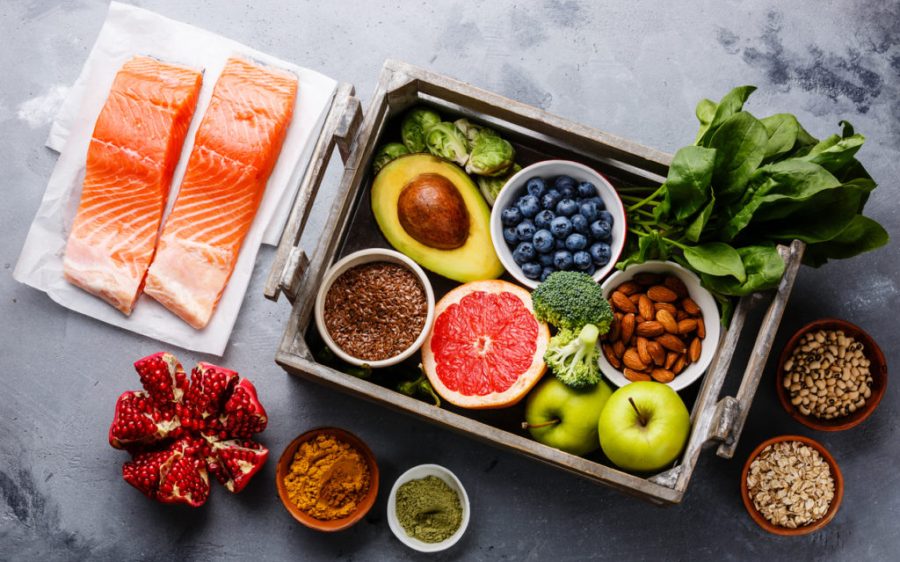
Those suffering from the effects of substance abuse are generally more likely to suffer from a lack of proper nutrition. This could be the result of not eating enough or eating foods that do not contain the nutrients that the body needs to function effectively. Some narcotics can have a suppressing effect on the appetite of the user which results in them not ingesting enough calories and nutrients other drugs can have the opposite effect which can lead to an increase in appetite which can cause weight gain.
Many therapies for addiction will also put a heavy focus on nutrition as a healthy lifestyle promotes both physical and mental health and wellbeing. The result of a good diet plan on those recovering from addiction is that the body will have all the nutrients it needs to start to repair the damage caused by drugs.
To aid an individual in recovery from substance abuse, it is imperative that they are given nutritionally, and calorie-controlled meals. During the initial period of detox, this can be a challenge, but it is important to get diet under control as early as possible. A well-balanced diet will guard against symptoms such as hypoglycemia, replacing deficient vitamins and achieve and maintain a healthy weight. Having set meal times will also normalize the eating behavior and provide much-needed structure to the patient which can help with the structuring of their day.
It is important to make sure that any nutritional deficiencies are brought back to normal levels. Continued malnutrition and dietary instability can increase the patient's risk of disease and may result in cravings for drugs or alcohol. Nutrient-dense foods such as fruits, vegetables, whole grains, and fish should be increased in consumption as these foods can help to combat inflammation and reduce cell oxidization as well as provide the basis of a healthy diet.
A healthy and balanced diet can prevent low blood sugar, dehydration which can cause anxiety, irritability, and low mood. These factors are all triggers for cravings and can lead to the patient falling into relapse. In the early stages of recovery, the patient may struggle with telling the difference between having cravings for drugs or alcohol and being hungry. This is caused by poor eating habits previously that can mean that they forget what hunger feels like and instead perceive this as a craving for drugs or alcohol.
A nutritionist will give a full assessment which will enable them to give the patient a bespoke plan for that considers the individual's nutritional requirements, weight, and any diseases that they may be suffering from due to drug or alcohol abuse. This combined with therapy will give the patient the very best chance at controlling their addiction through diet control giving them the nutrients they need for there body to recover and providing structure to their daily life keeping away the cravings.
Content medically reviewed by Vicky Magobet, PMHNP-BC, on March 29th, 2018.